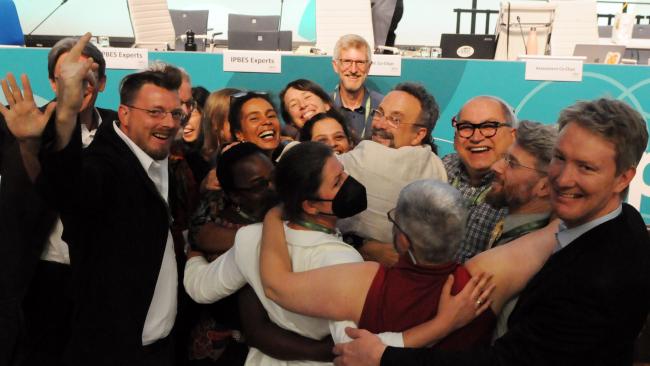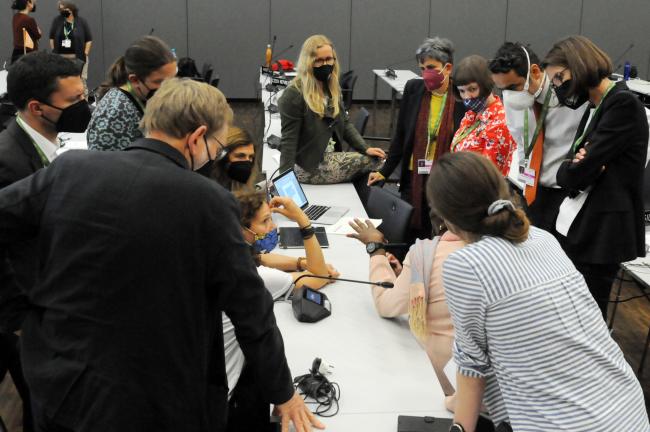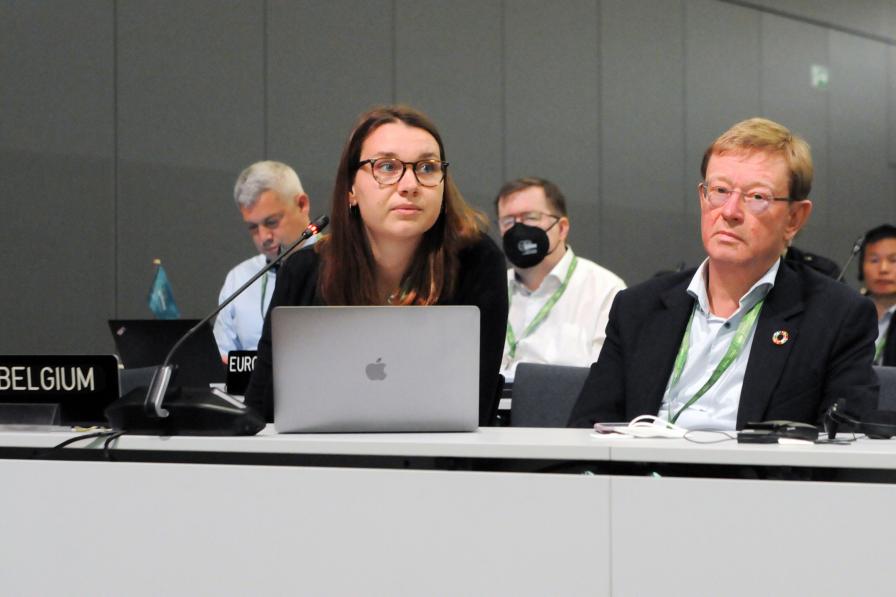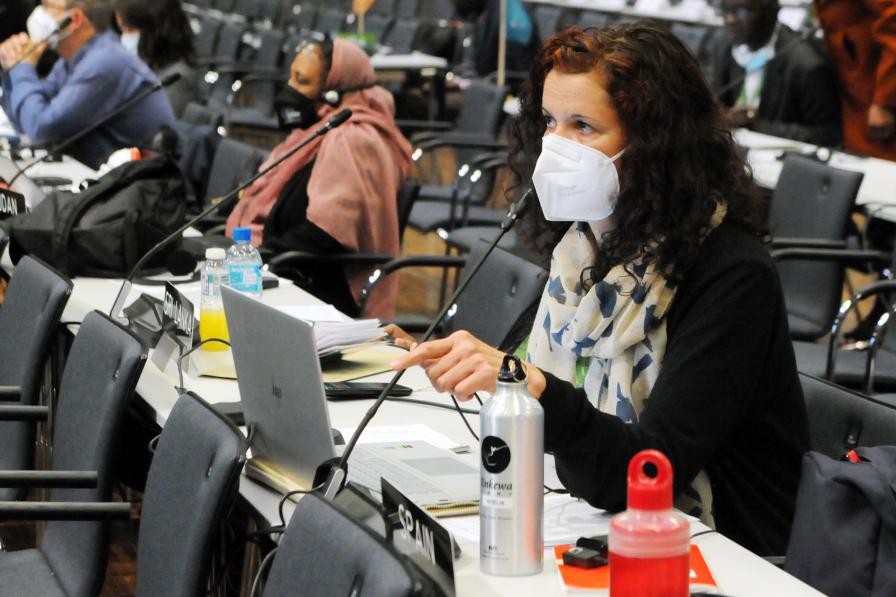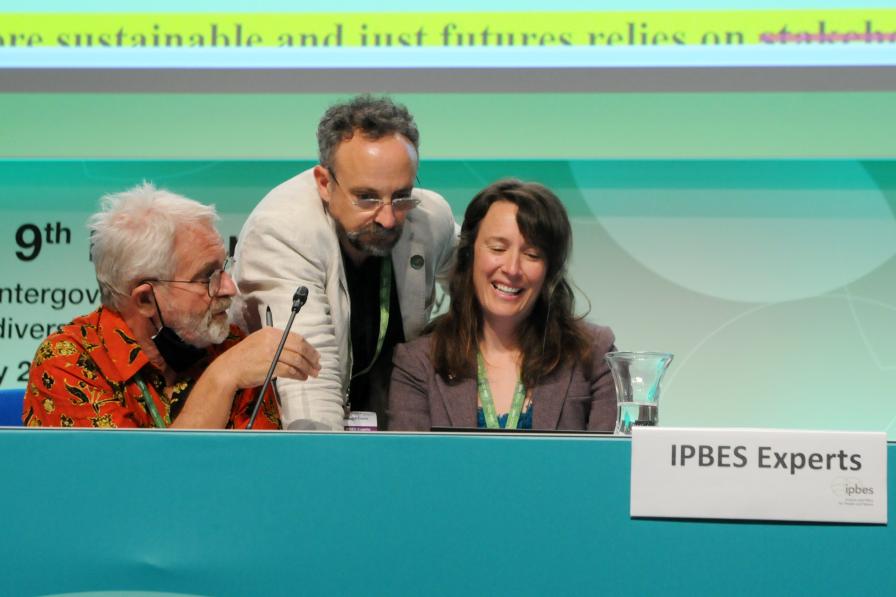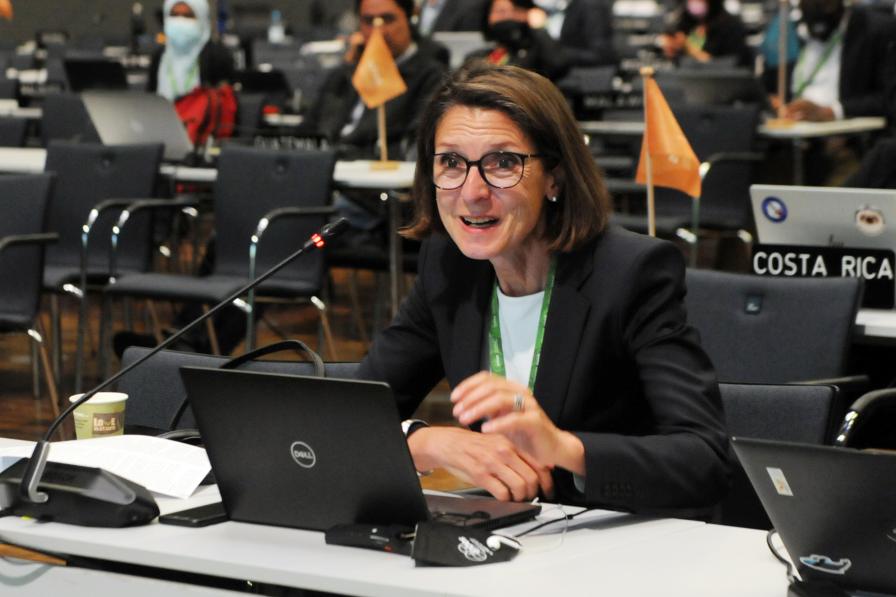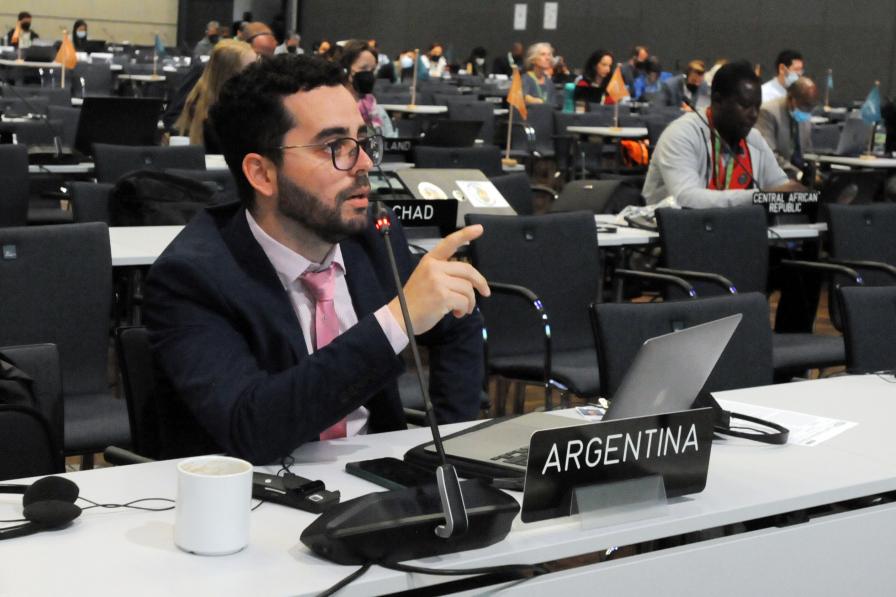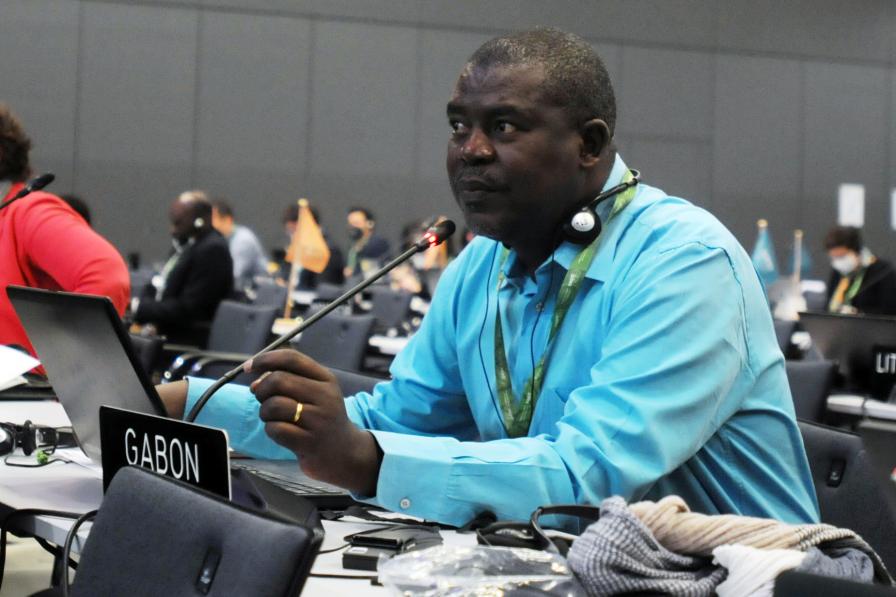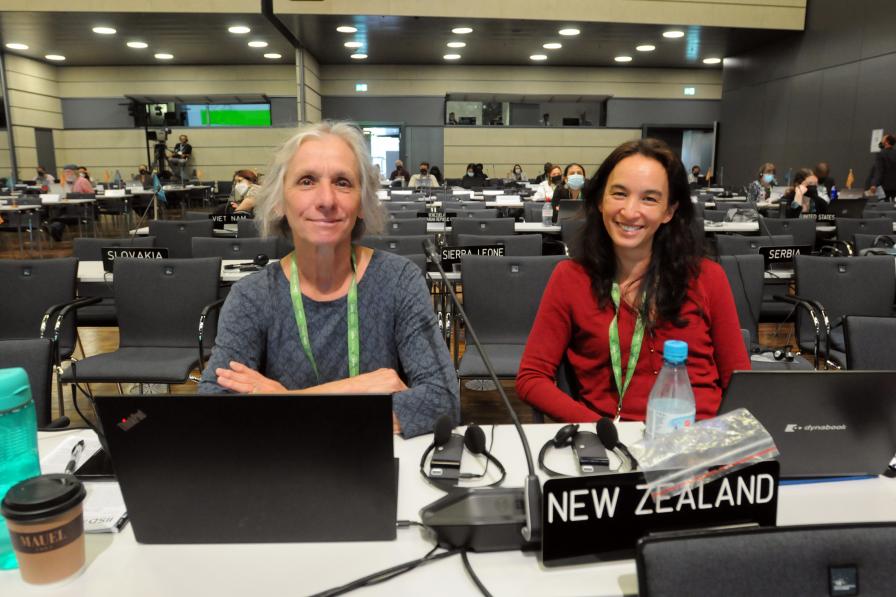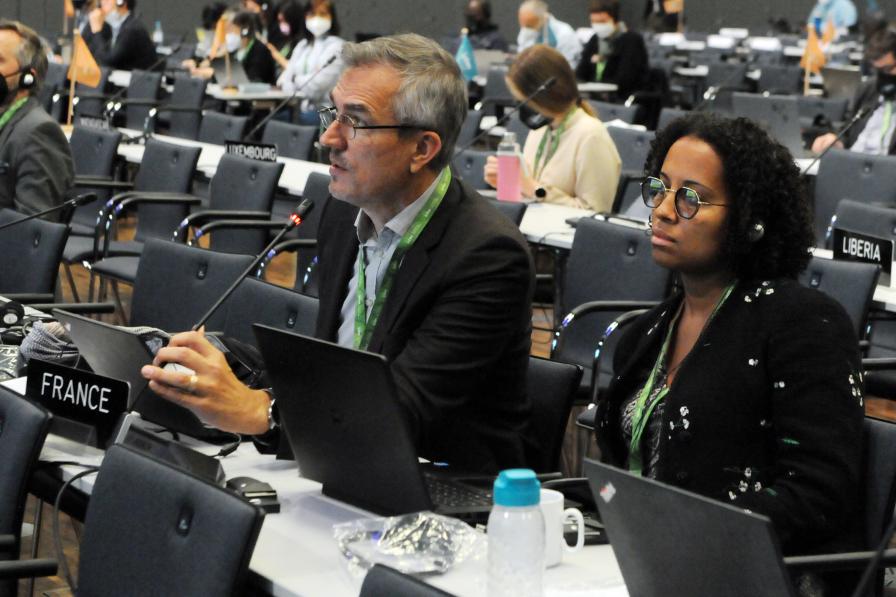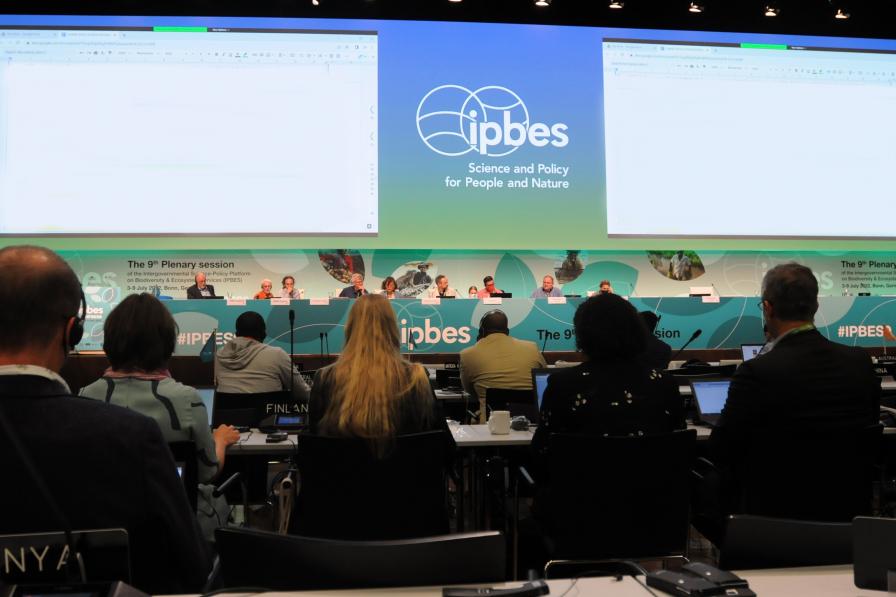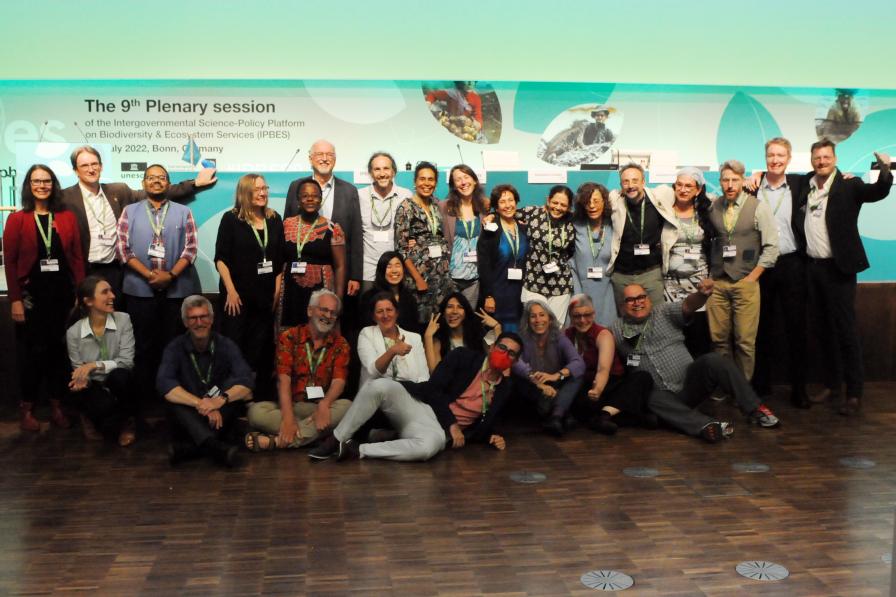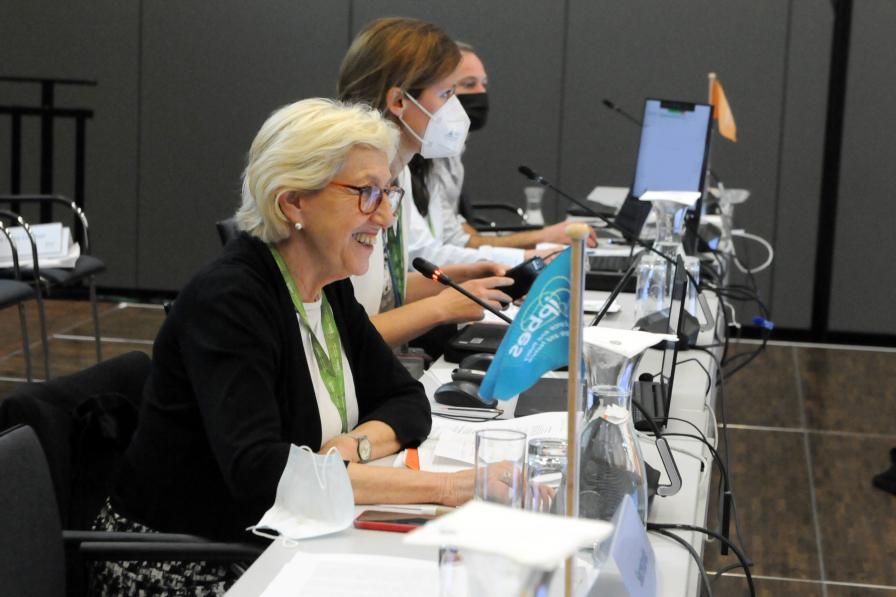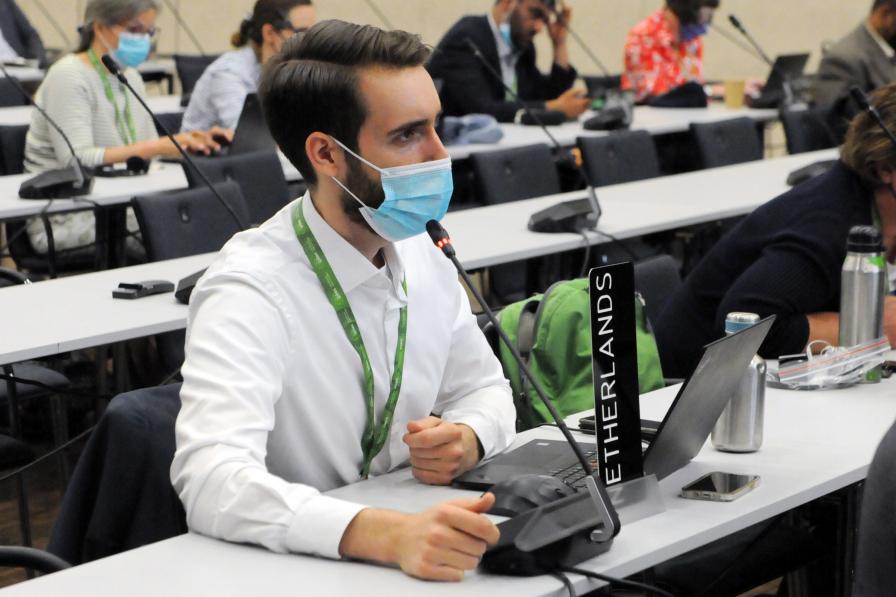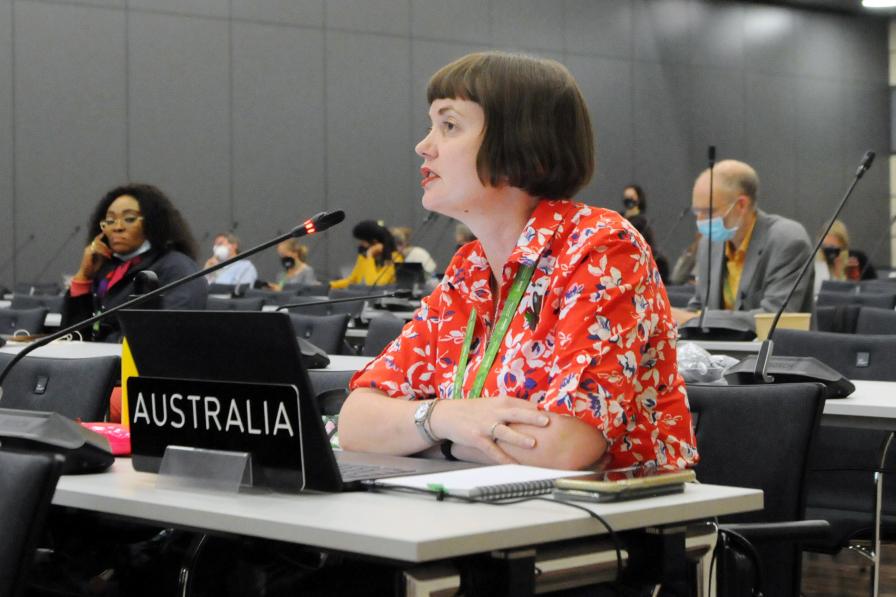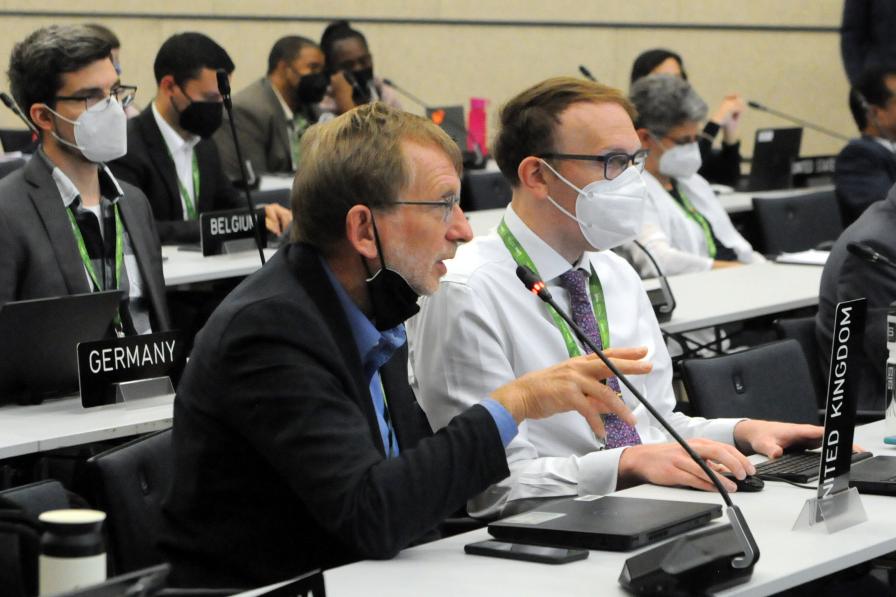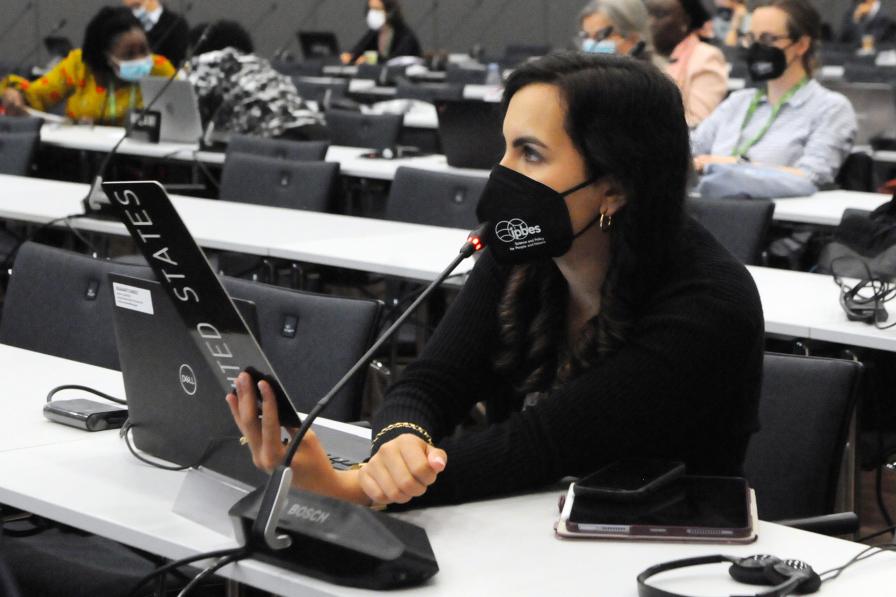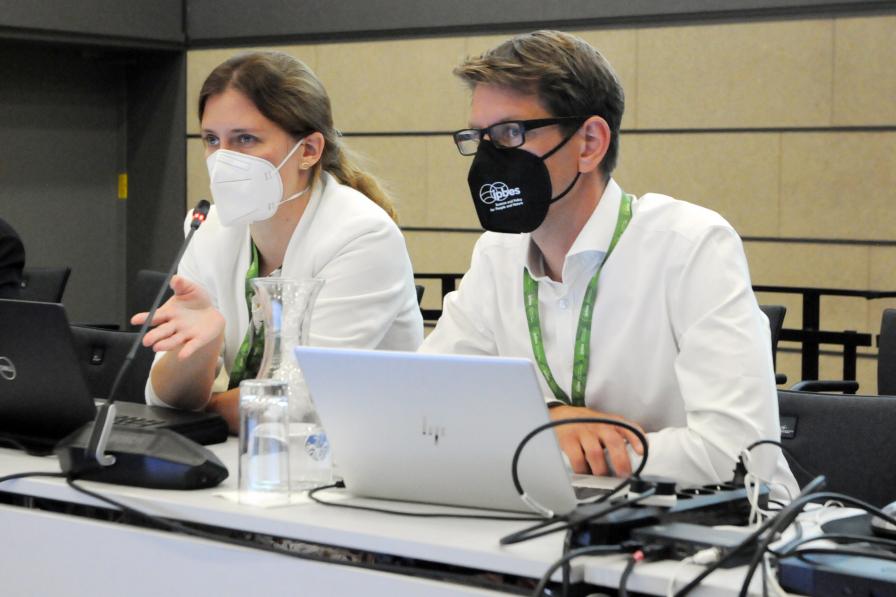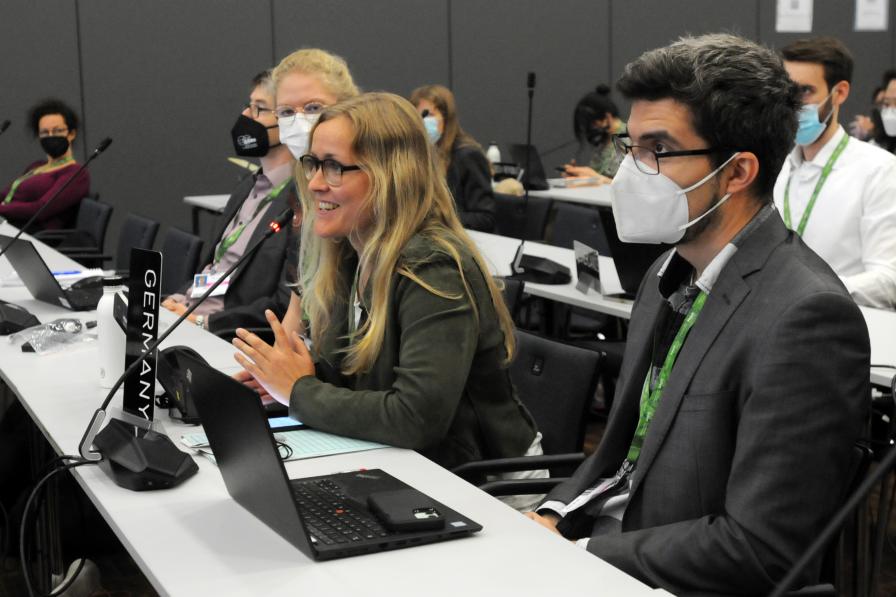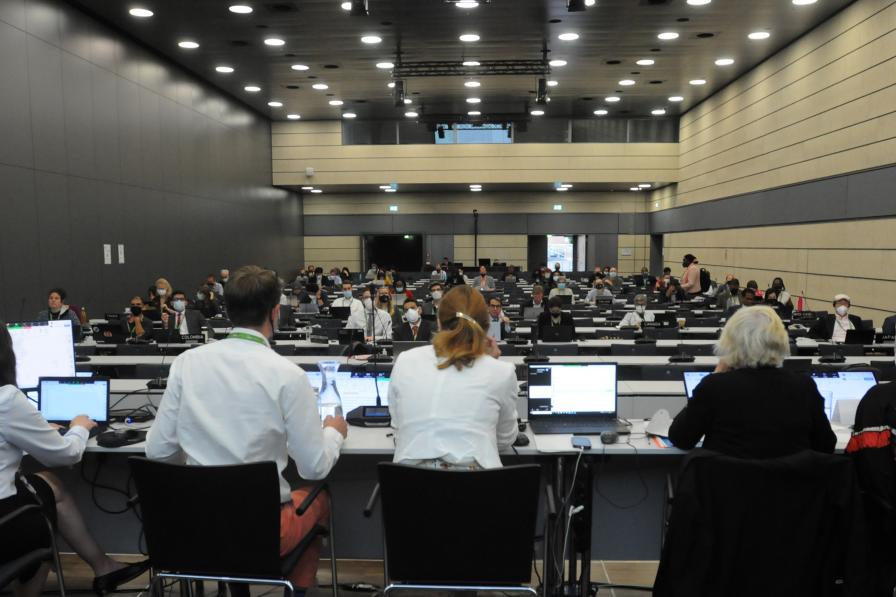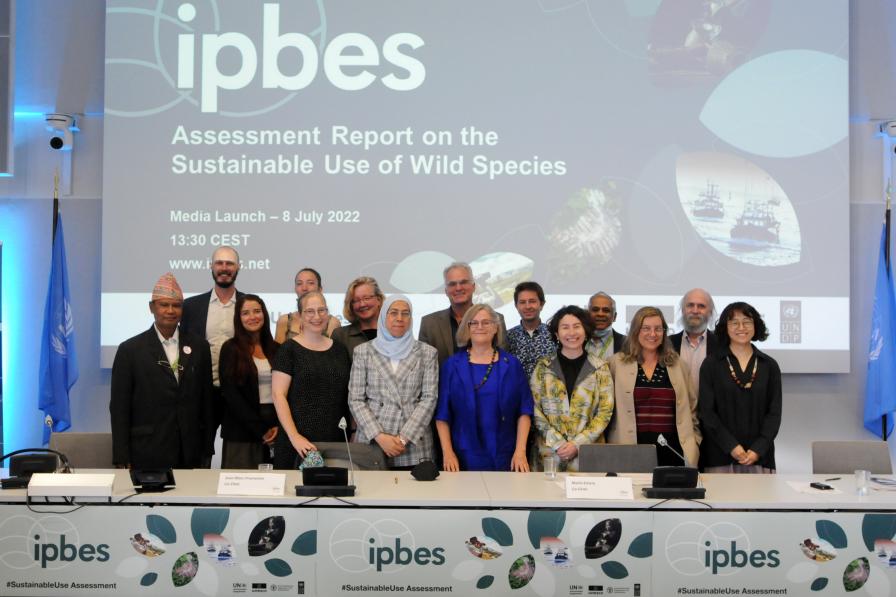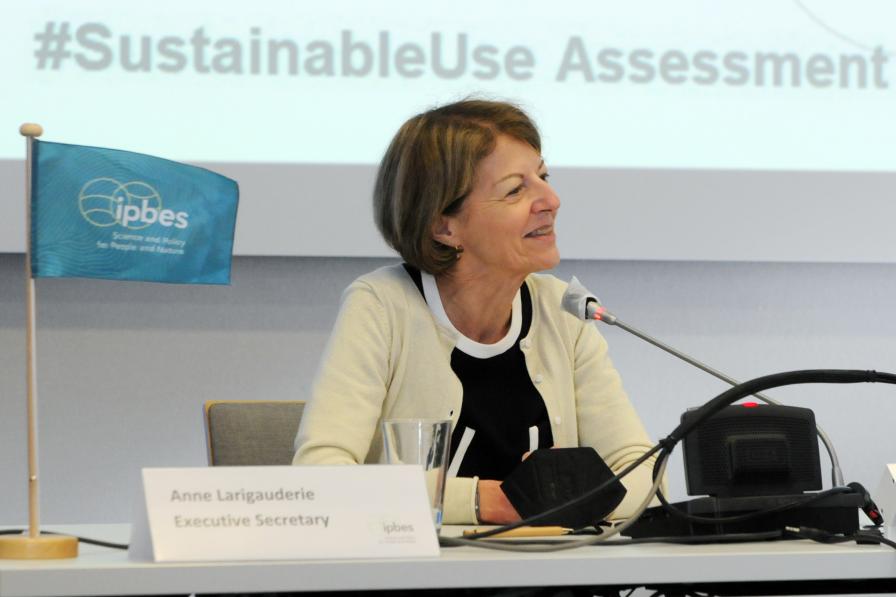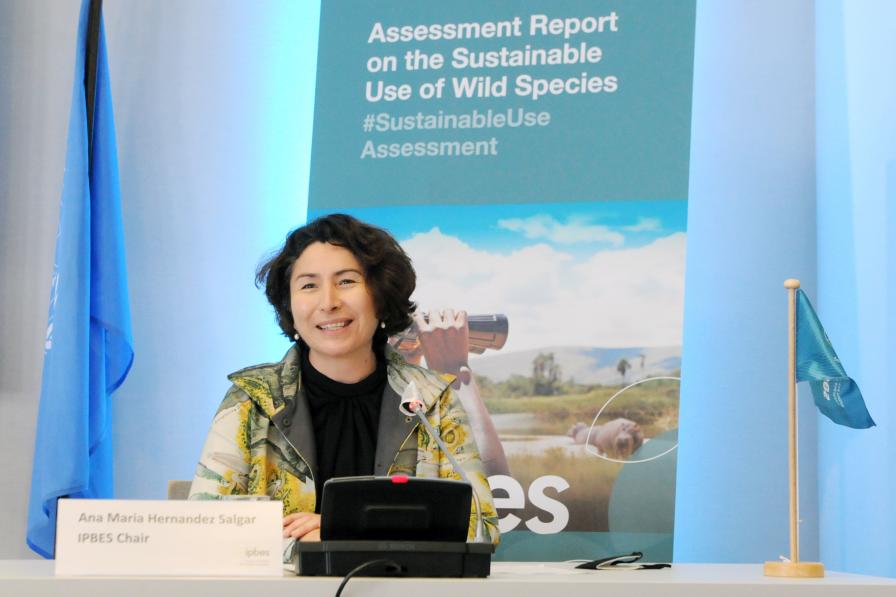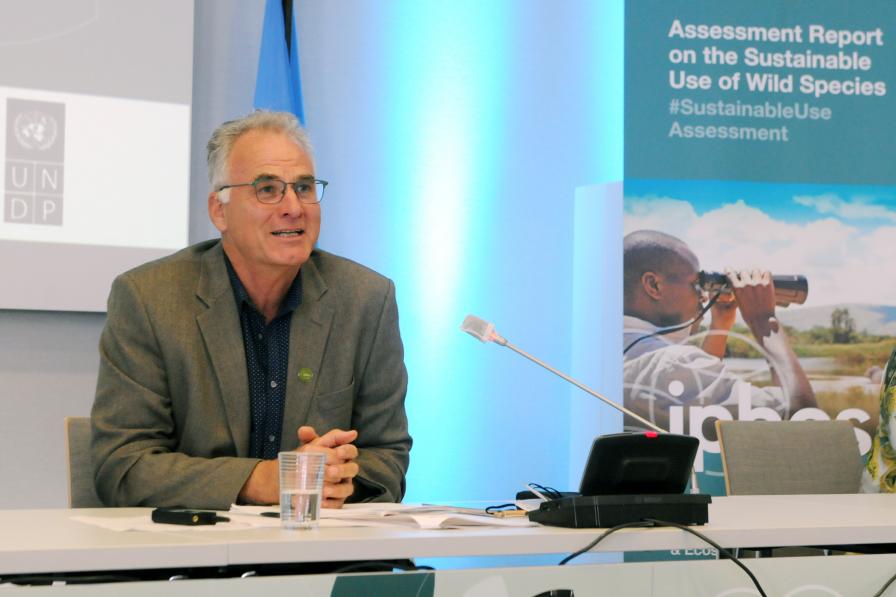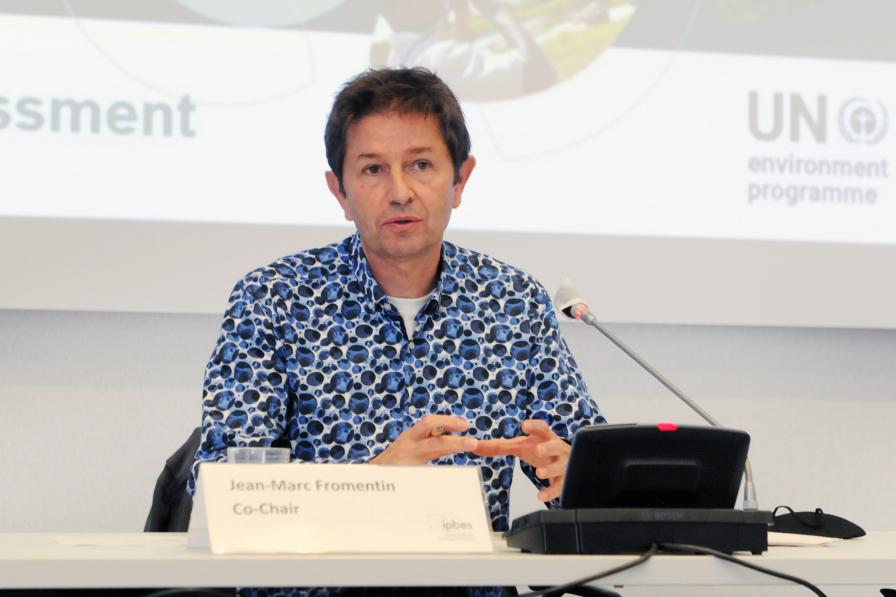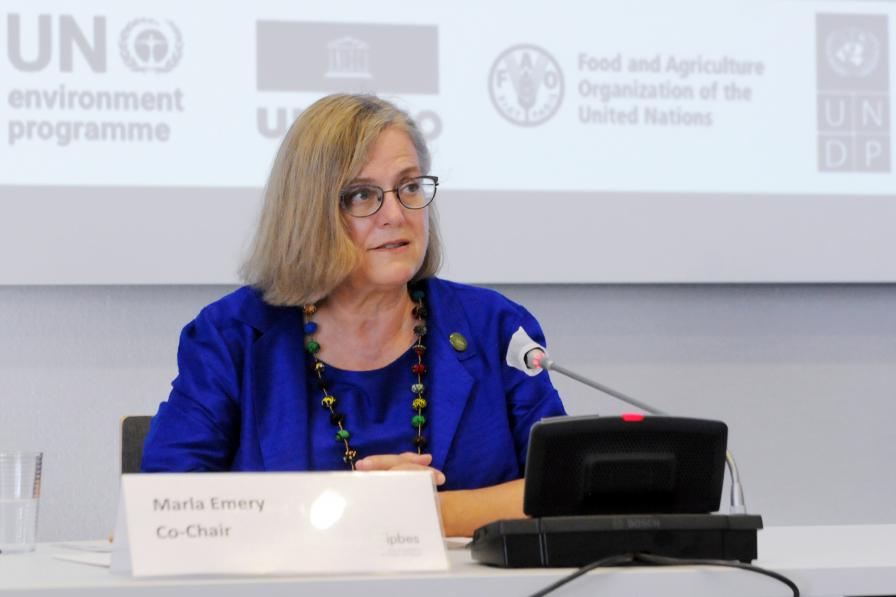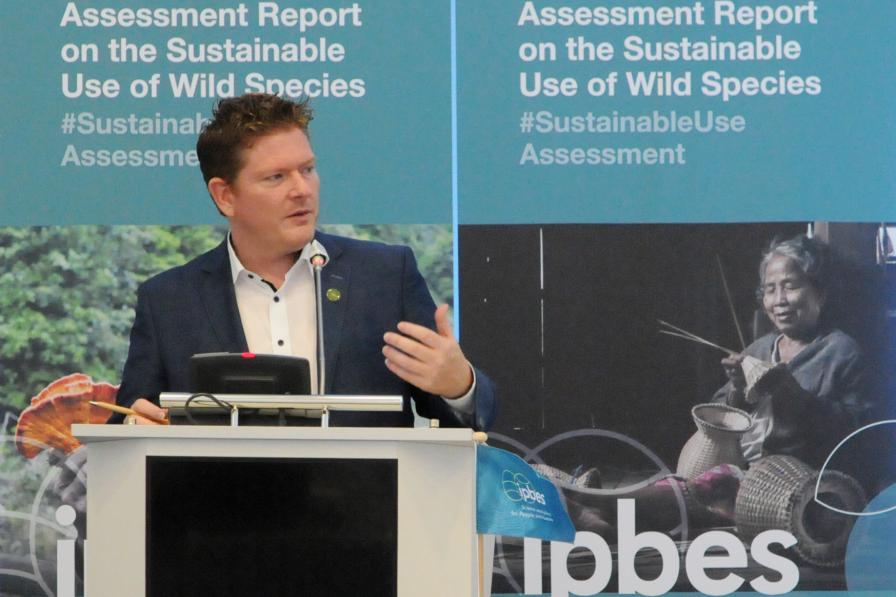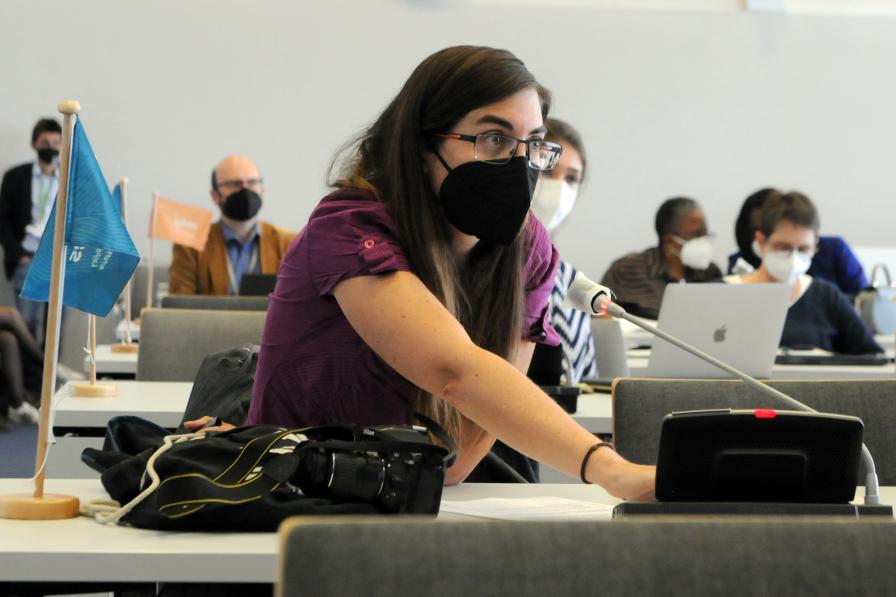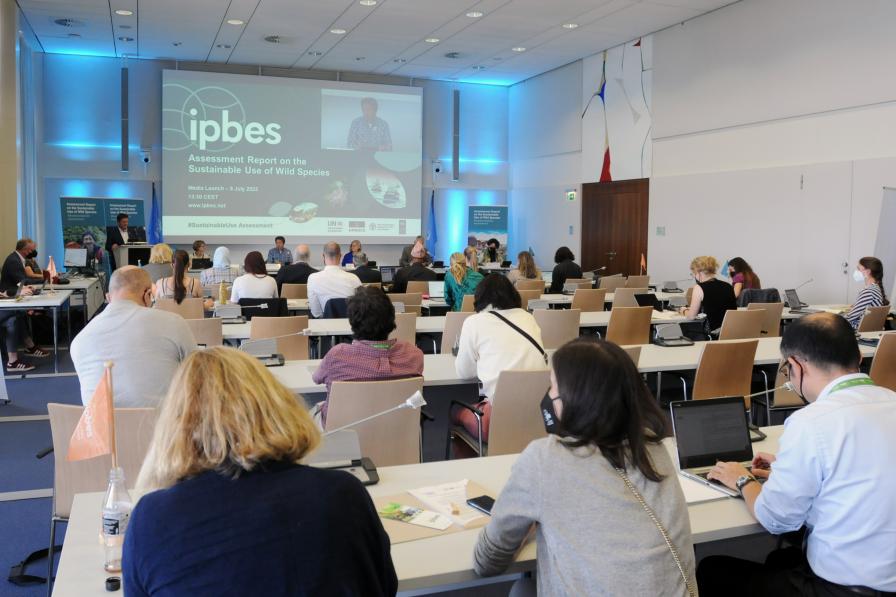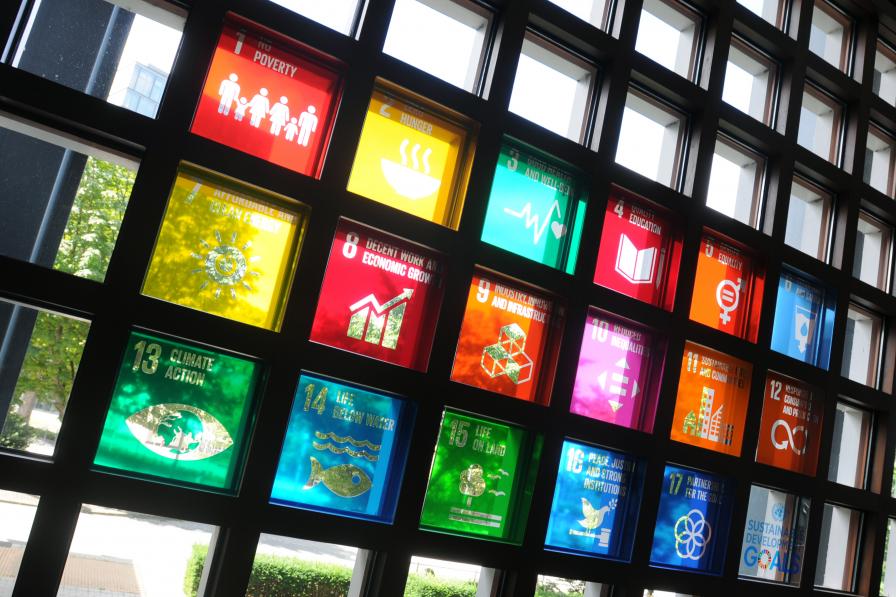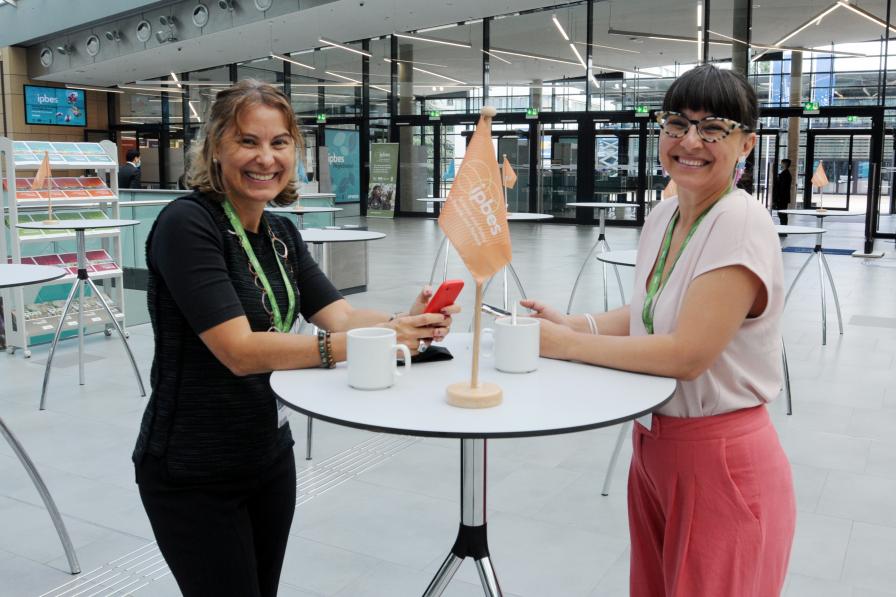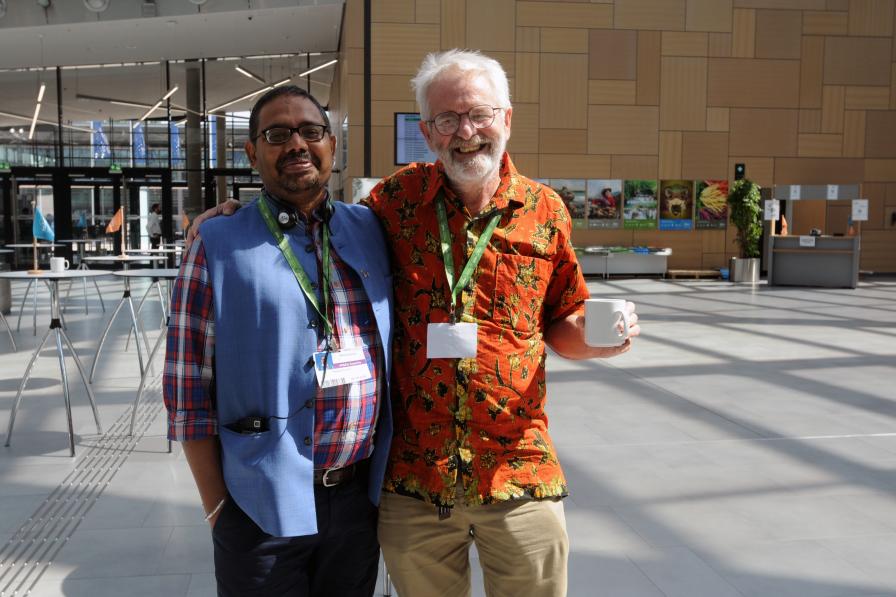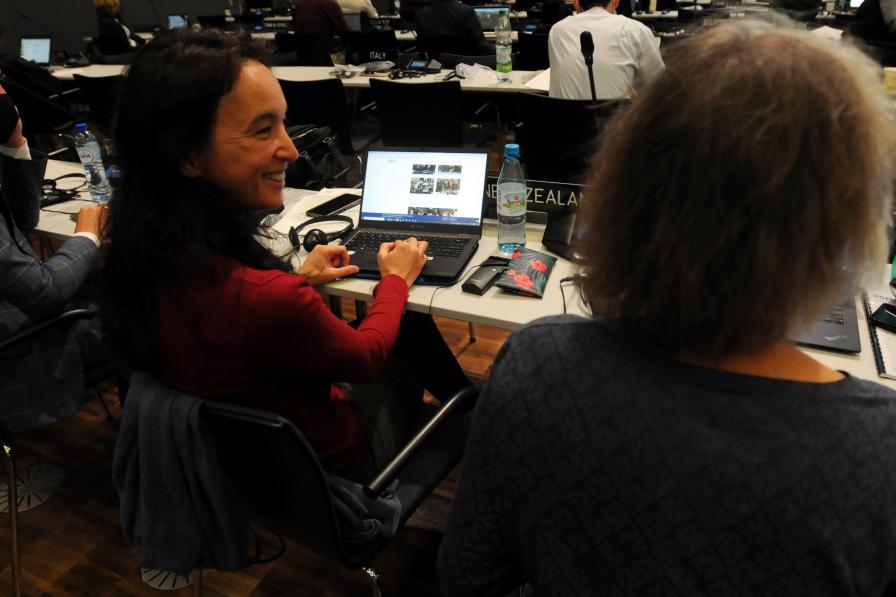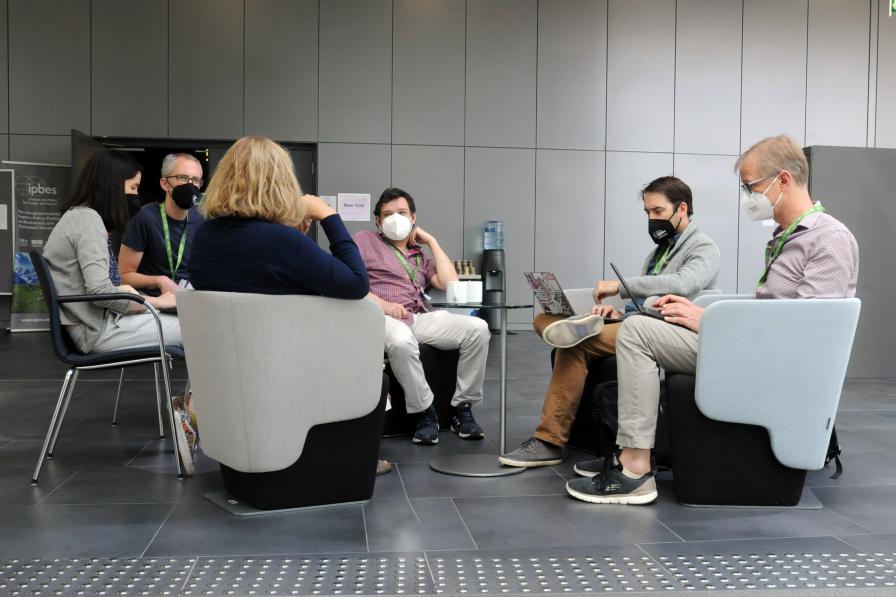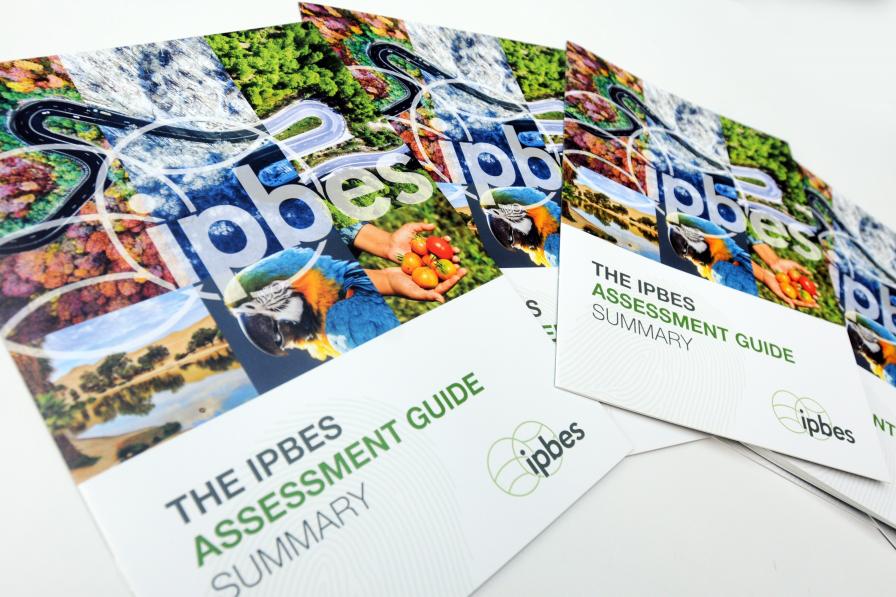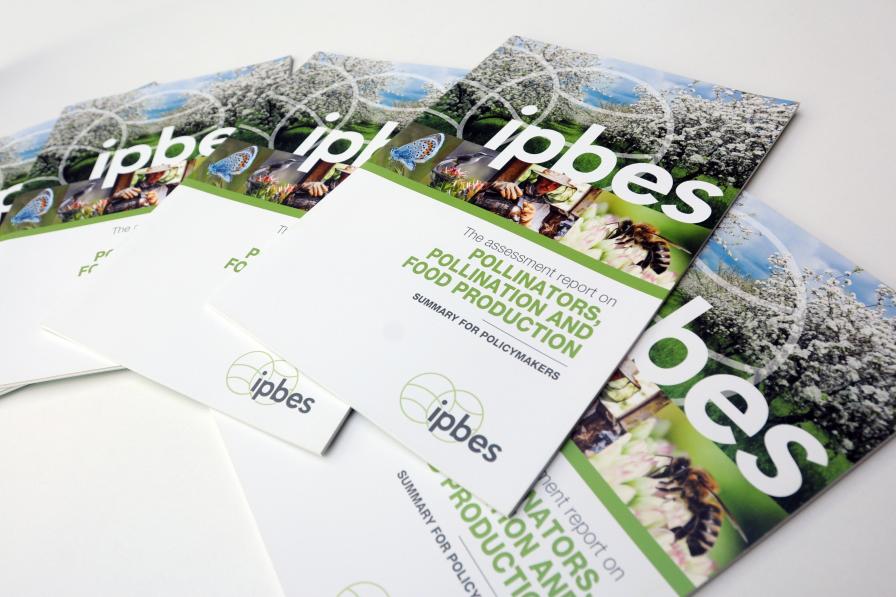“And once the storm is over, you won’t remember how you made it through, how you managed to survive. You won’t even be sure whether the storm is really over. But one thing is certain. When you come out of the storm, you won’t be the same person who walked in. That’s what this storm’s all about.” – Haruki Murakami, Kafka on the Shore
IPBES-9’s penultimate day was not much different from the whole week. Delegates once more engaged in grueling discussions, trying to finish all the items in the Platform’s agenda. At different points during the day, a perfect storm was looming. Members held on to their positions on numerous controversial issues and consensus seemed distant. By the end of the day, however, the storm was over. Exhausted delegates enjoyed a drink, in another well-timed happy hour offered by the hosts, joking about the week’s ordeal. It remains to be seen, mainly upon the uptake of IPBES’ work in policymaking, whether Murakami is right, and this is “what this storm is all about.”
To dive deeper, read the full Earth Negotiations Bulletin daily report.
Delegates were definitely not the same people who walked into the working group (WG) halls at the start of the meeting. Just by getting exposed to a marathon exchange of arguments, even on well-established controversies, they took mutual steps in each other’s direction. That allowed both the WGs to successfully complete their mandates and the plenary on Saturday is expected to be held in a festive mood, unless a major surprise is in the cards.
After ending its work at midnight on Thursday, WG1 started work an hour earlier than usual, trying to conclude consideration of the summary for policymakers of the methodological assessment regarding the diverse conceptualization of multiple values of nature and its benefits, including biodiversity and ecosystem services (values assessment). Despite the early start and an agreed 1:00 pm deadline that would allow for comfortably preparing the document for final approval in plenary on Saturday, another long day was always on the horizon.
As a delegate noted following the nine-hour non-stop negotiations, “We knew from the beginning that the values assessment would be challenging, as bridging diametrically opposed worldviews is no easy task.” Despite the challenges and old dichotomies resurfacing, including but not limited to references to nature-based solutions, safe ecological limits, rights of nature, and Mother Earth, IPBES members were able to finalize the discussion in an amicable, constructive, albeit not always very efficient, manner. The official media launch on Monday will reveal its content and may vindicate Professor Unai Pascual, one of the assessment’s co-chairs, who noted that “This assessment will be a game-changer, it will provide evidence to help decision makers see different types of values of nature, choose and design appropriate valuation methods, recognize the data gaps that exist and identify areas in which more capacity is needed.”
WG2 had to face even more challenges. Although initial predictions from IPBES old-timers had the group finishing its work first, tackling the multiple items under its mandate proved time-consuming. Despite the obvious fatigue—and their WG1 colleagues having a laugh and a drink outside—WG2 delegates worked tirelessly into the night to complete their work.
The scoping report for the methodological assessment of the impact and dependence of business on biodiversity and nature’s contributions to people (business and biodiversity assessment) was one of the first of the remaining items in the agenda to be concluded, setting the stage for a well-awaited assessment.
The nature futures framework (NFF) that generated lengthy discussions during the week followed suit. The NFF is the foundation for developing scenarios of positive futures for nature, to help inform assessments of policy options across multiple scales. Placing relationships between people and nature at its core, its interlinkages with many parts of the values assessment are difficult to ignore.
Reaching agreement on additional elements of IPBES’ rolling work programme up to 2030 also proved difficult. Members agreed on the importance of a second global assessment on biodiversity and ecosystem services, but disagreed pretty much on everything else, including the scope for a thematic assessment of ecological connectivity and the timing of future assessments. They eventually found common ground, allowing the Platform to continue its work undistracted.
WG2 finalized its work close to midnight, by addressing IPBES’ engagement with the Intergovernmental Panel on Climate Change (IPCC). Relieved delegates renewed their appointment for Saturday morning, for what is expected to be a great day for the Platform.
All ENB photos are free to use with attribution. For photos from IPBES-9, please use: Photo by IISD/ENB | Diego Noguera.
To receive free coverage of global environmental events delivered to your inbox, subscribe to the ENB Update newsletter.


